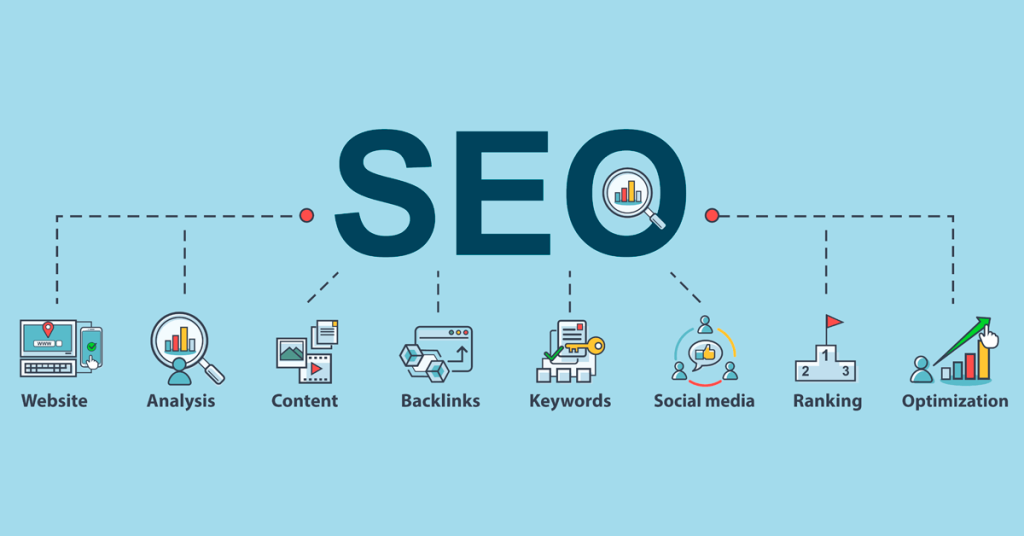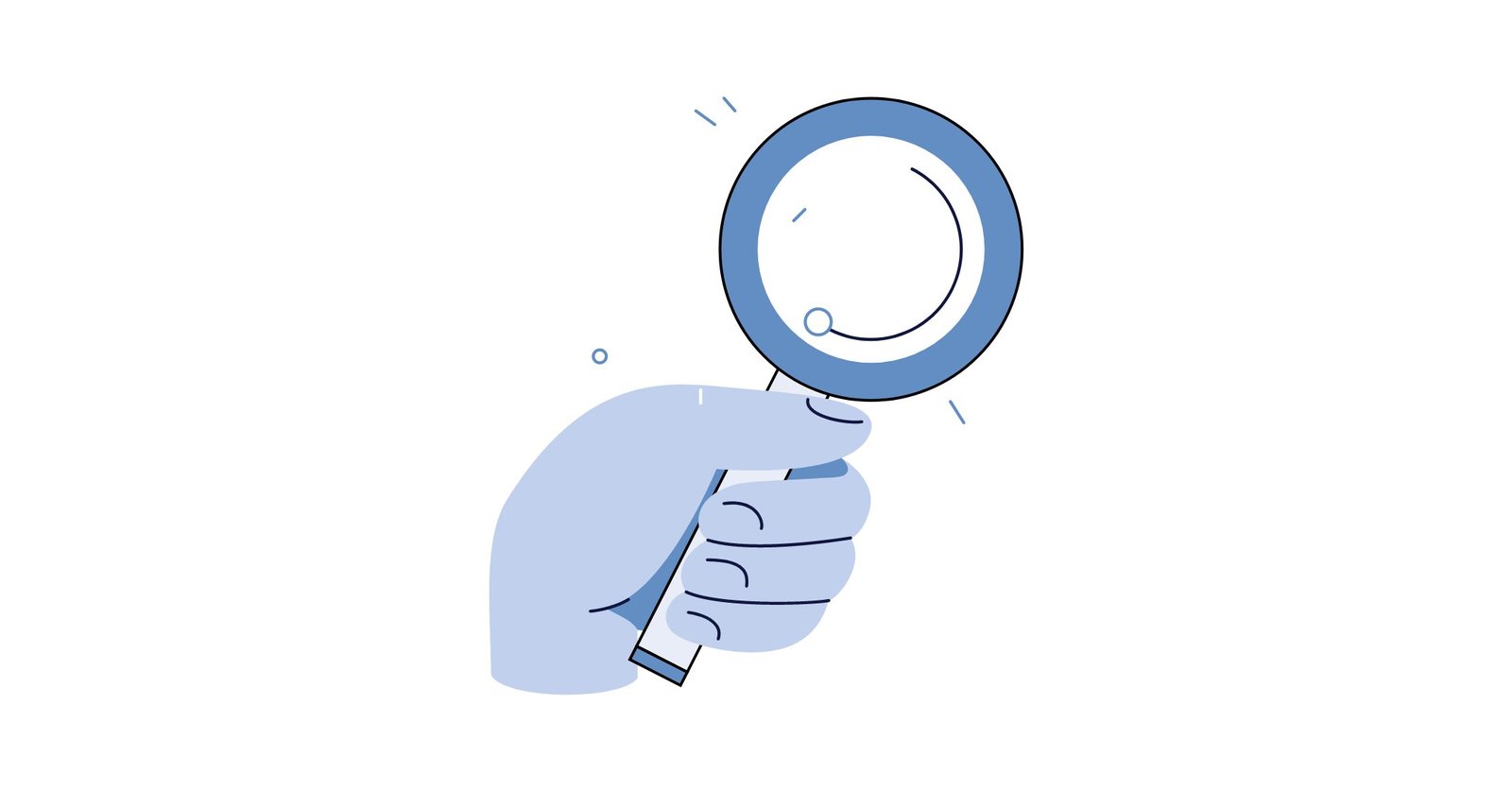In the ever-evolving digital landscape, Search Engine Optimization (SEO) specialists are constantly seeking innovative ways to gain a competitive edge. One powerful technique that has gained prominence in recent years is web scraping. This article explores how web scraping can be a game-changer for SEO professionals. In fact, it offers insights into its applications, benefits, and best practices.
Web scraping, when used ethically and effectively, can provide SEO specialists with valuable data-driven insights. In truth, it helps them make informed decisions and optimize their strategies. From competitor analysis to content optimization, web scraping opens up a world of possibilities.
What is Web Scraping?
Web scraping, also known as web harvesting or web data extraction, is the automated process of collecting information from websites. In fact, involves using software (often called “scrapers” or “bots”) to extract data from web pages in a structured format. This data can then be stored, analyzed, and used for various purposes.
The process typically involves the following steps:
- Sending HTTP requests to target websites
- Downloading the HTML content of web pages
- Parsing the HTML to extract specific data elements
- Storing the extracted data in a structured format (e.g., CSV, JSON, or a database)
Web scraping can be used to collect various types of data, including text, images, prices, product information, and more. In reality, it’s particularly useful for gathering large amounts of data quickly and efficiently. Doing so is often impractical or impossible to do manually.
The Intersection of Web Scraping and SEO
SEO is all about understanding and optimizing for search engines and user behavior. To do this effectively, SEO specialists need access to vast amounts of data. This data can come from websites, search engine results pages (SERPs), keywords and backlinks. This is where web scraping comes into play.
Web scraping allows SEO professionals to:
- Gather competitive intelligence
- Track keyword rankings and SERP features
- Analyze backlink profiles
- Monitor content performance
- Identify trending topics and content gaps
- Automate repetitive data collection tasks
By leveraging web scraping techniques, SEO specialists can make data-driven decisions. In fact, this is the best way to stay ahead of competitors, continuously refining their strategies based on real-time insights.
Key Benefits of Web Scraping for SEO Specialists
a) Competitive Analysis
Web scraping enables SEO professionals to gather detailed information about their competitors’ strategies. This includes analyzing their keywords, content structure, meta tags, backlink profiles, and even site architecture. By understanding what works for successful competitors, SEO specialists can refine their own strategies and identify opportunities for improvement.
b) Keyword Research and Optimization
Scraping search engine results pages (SERPs) can provide valuable insights into keyword performance, search intent, and SERP features. SEO specialists can use this data to identify long-tail keywords. They can also better understand user intent, and optimize content to match search engine expectations.
c) Content Strategy Enhancement
By scraping popular content in their niche, SEO professionals can identify trending topics, content gaps, and successful content formats. This information can guide content creation efforts, ensuring that the produced content resonates with the target audience and aligns with search engine preferences.
d) Backlink Analysis and Link Building
Web scraping can be used to analyze backlink profiles of both your own site and competitors’. This data can help identify high-quality link opportunities, track link acquisition progress, and inform link building strategies. Additionally, scraping can help find broken links on other sites, creating opportunities for outreach and link reclamation.
e) Local SEO Optimization
For businesses focusing on local SEO, scraping local directories, review sites, and Google My Business listings can provide valuable insights. This data can be used to ensure consistency in NAP (Name, Address, Phone) information across the web. It can also identify opportunities for improving local search visibility.
f) SERP Feature Tracking
With the increasing prominence of SERP features like featured snippets, knowledge panels, and rich results, web scraping can help SEO specialists track these opportunities. By analyzing which types of content and structured data are winning these coveted positions, SEO professionals can optimize their content accordingly.
g) Automated Reporting and Monitoring
Web scraping can automate the collection of key SEO metrics. In turn, it makes it easier to generate comprehensive reports and monitor performance over time. This can include tracking keyword rankings, analyzing site speed across pages, and monitoring competitor movements in the SERPs.

Web Scraping Techniques for SEO
a) SERP Scraping: This involves extracting data from search engine results pages. SEO specialists can gather information on keyword rankings, featured snippets, ads, and other SERP features. This data can be used to track performance, identify opportunities, and understand how search engines interpret different queries. Using a Google search results scraper, you can collect this data efficiently, helping you track performance, identify opportunities, and understand how search engines interpret different queries.
b) Content Scraping: By extracting content from relevant websites, SEO professionals can analyze successful content structures, identify common themes, and gauge content length and depth. This information can inform content creation strategies and help in identifying content gaps.
c) Backlink Scraping: This technique involves extracting backlink data from various sources, including competitor websites and backlink databases. It helps in understanding link profiles, identifying potential link-building opportunities, and analyzing the quality of backlinks.
d) Social Media Scraping: Extracting data from social media platforms can provide insights into content performance, user engagement, and trending topics. This information can be valuable for content strategy and social media optimization.
e) E-commerce Scraping For: SEO specialists working in the e-commerce sector, scraping product information, prices, and customer reviews can provide valuable competitive intelligence and help in optimizing product pages.
Ethical and Legal Considerations
While web scraping can be a powerful tool for SEO, it’s crucial to approach it ethically and legally. Here are some important considerations:
a) Respect Robots.txt: Always check and adhere to the website’s robots.txt file. These specify which parts of the site can be crawled and scraped.
b) Be Mindful of Rate Limiting: Implement reasonable rate limiting to avoid overwhelming the target server with requests. This helps maintain good relations with website owners and prevents potential IP bans.
c) Respect Copyright and Terms of Service: Ensure that your scraping activities do not violate copyright laws or the website’s terms of service. Be particularly cautious when scraping and using content created by others.
d) Protect Personal Data: If your scraping activities involve collecting personal data, ensure compliance with relevant data protection regulations such as GDPR or CCPA.
e) Use APIs When Available: Many websites offer APIs for data access. When available, using these official APIs is often preferable to scraping, as it’s more reliable and respectful of the website’s resources.
f) Be Transparent: If you’re scraping data for commercial purposes, it’s often good practice to identify yourself and your intentions to the website owner.
Tools and Technologies for Web Scraping
SEO specialists have a variety of tools at their disposal for web scraping:
a) Proxy Services
Proxies are needed for any web scraping tasks. Your IP will be constantly blocked and you will have to change it, which is where proxies help. We would recommend mobile proxies, they are less susceptible to blocking, and you will be able to scrape Google results for mobile phones. Our first recommendation is Spaw.co – these are the fastest and highest quality UK 4G mobile proxy on the market.
b) Programming Languages and Libraries
- Python with libraries like Beautiful Soup, Scrapy, or Selenium
- Node.js with Puppeteer or Cheerio
- R with rvest
c) Browser Extensions
- Web Scraper
- DataMiner
- Octoparse
d) Cloud-based Scraping Services
- Scraping Hub
- ParseHub
- Import.io
e) SEO-specific Scraping Tools
- Screaming Frog SEO Spider
- Ahrefs
- SEMrush
Challenges and Limitations
While web scraping offers numerous benefits, SEO specialists should be aware of its challenges:
a) Dynamic Content: Many modern websites use JavaScript to load content dynamically, which can be challenging for basic scraping tools to handle.
b) Anti-Scraping Measures: Websites may implement CAPTCHAs, IP blocking, or other measures to prevent scraping.
c) Data Quality and Consistency: Scraped data may contain errors or inconsistencies that require cleaning and validation.
d) Scalability: Large-scale scraping projects can be resource-intensive and may require significant computational power.
e) Maintenance: Websites frequently change their structure, requiring constant updates to scraping scripts.
f) Legal and Ethical Risks: Improper scraping practices can lead to legal issues or damage to professional relationships.
Best Practices for SEO-focused Web Scraping
To maximize the benefits of web scraping while minimizing risks, SEO specialists should follow these best practices:
a) Define Clear Objectives: Before starting any scraping project, clearly define what data you need and how it will be used to improve SEO efforts.
b) Use Appropriate Tools: Choose scraping tools that match your technical skills and project requirements. For complex projects, consider working with a developer or using advanced scraping services.
c) Implement Error Handling: Build robust error handling into your scraping scripts to deal with unexpected changes in website structure or content.
d) Clean and Validate Data: Always clean and validate scraped data before using it for analysis or decision-making.
e) Stay Updated on Legal and Ethical Guidelines: Keep abreast of changes in laws and ethical standards related to web scraping and data usage.
f) Combine Scraping with Other Data Sources: Use web scraping as part of a broader data collection strategy, combining it with data from APIs, analytics tools, and other sources for a more comprehensive view.
g) Document Your Process: Maintain clear documentation of your scraping methods, data sources, and how the data is used to ensure transparency and reproducibility.
h) Respect Website Resources: Implement polite scraping practices, such as respecting robots.txt, using appropriate delays between requests, and avoiding overloading servers.
Future Trends
The landscape of web scraping for SEO is continually evolving. Here are some trends to watch:
a) AI and Machine Learning Integration: Advanced AI algorithms will enhance data extraction accuracy and automate the interpretation of scraped data for SEO insights.
b) Increased Focus on Ethical Scraping: As awareness of data privacy grows, there will be a greater emphasis on ethical scraping practices and transparent data usage.
c) Real-time Scraping and Analysis: Tools that offer real-time scraping and analysis will become more prevalent, allowing SEO specialists to react quickly to changes in the digital landscape.
d) Voice Search Optimization: With the rise of voice-activated devices, scraping and analyzing voice search results will become increasingly important for SEO.
e) Integration with Other Marketing Technologies: Web scraping tools will become more integrated with other marketing technologies, creating comprehensive marketing intelligence platforms.
f) Blockchain for Data Verification: Blockchain technology may be used to verify the authenticity and origin of scraped data, addressing concerns about data reliability.
Conclusion
Web scraping has become an indispensable tool for SEO specialists looking to gain a competitive edge in the digital landscape. By providing access to vast amounts of data, web scraping enables SEO professionals to make data-driven decisions, automate repetitive tasks, and uncover valuable insights that would be impossible to gather manually.
However, with great power comes great responsibility. SEO specialists must approach web scraping with a strong ethical framework, respecting website owners’ rights and adhering to legal guidelines. By following best practices and staying informed about the latest trends and technologies, SEO professionals can harness the full potential of web scraping to drive their strategies forward.
As search engines continue to evolve and the digital landscape becomes increasingly complex, the ability to gather, analyze, and act on large volumes of data will be crucial for SEO success. Web scraping, when used wisely, provides SEO specialists with the tools they need to navigate this complexity and deliver outstanding results for their clients or organizations.
In the end, web scraping is not just about collecting data – it’s about transforming that data into actionable insights that drive SEO performance. As the field continues to evolve, those who master the art and science of web scraping will be well-positioned to lead the way in the ever-changing world of search engine optimization.

